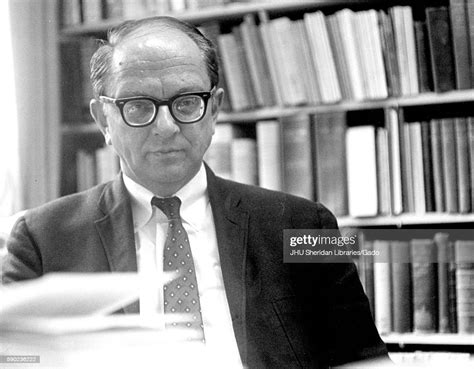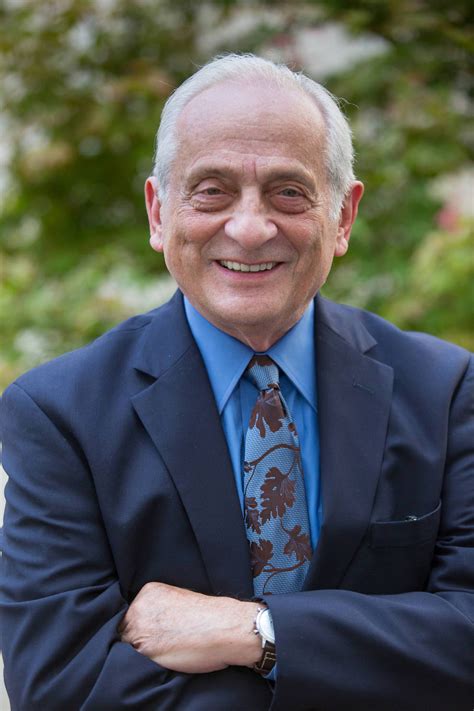A Quote by James Turrell
There are very few religious experiences that aren't explained using the vocabulary of light.
Quote Topics
Related Quotes
My research suggests that men and women may speak different languages that they assume are the same, using similar words to encode disparate experiences of self and social relationships. Because these languages share an overlapping moral vocabulary, they contain a propensity for systematic mistranslation.
Many philosophers say it's impossible to explain our conscious experience in scientific, biological terms at all. But that's not exactly true. Scientists have explained why we have certain experiences and not others. It's just that they haven't explained the special features of consciousness that philosophers care about.
Beautiful and minimalist, the traditional Japanese art of ikebana - arranging bouquets of cut flowers and leaves using very few elements - ideally corresponded to a form of expression I could transpose in a perfume. The smell of a rose early in the morning, damp, sprinkled with dew, delicate and light.
'The Haters' has some of the generalities of band experiences that I've had - the camaraderie, the grubbiness, the outsized collective ambitions and frequent painful collisions with reality - but very few of the specifics. I guess it was a way for me to take some of my experiences to their logical crazy extremes.






































